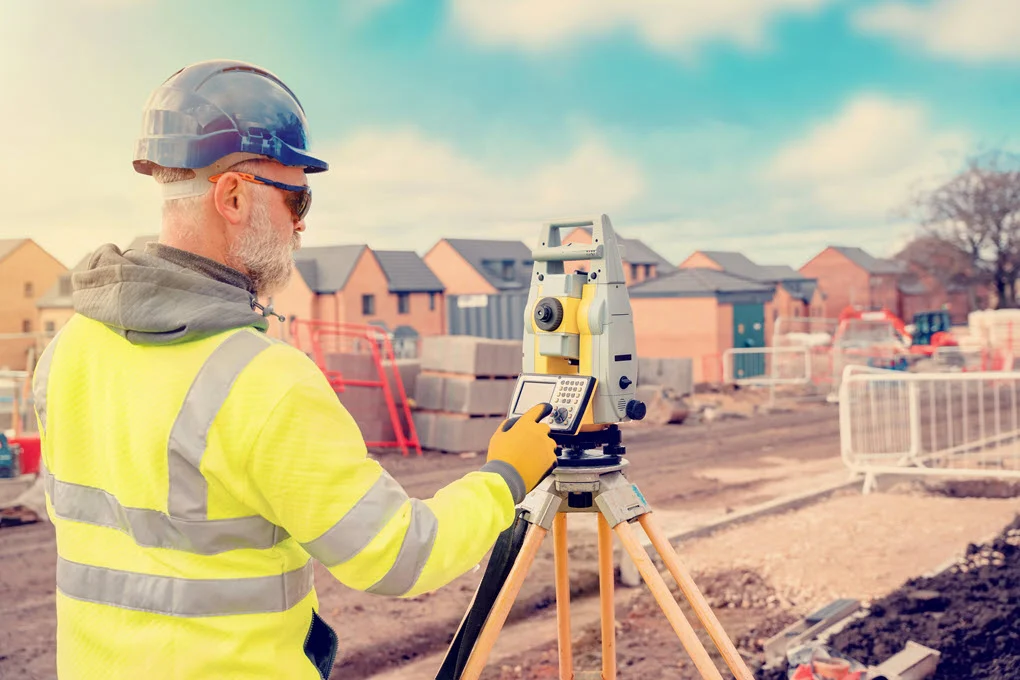Grease traps play a major role in keeping commercial kitchens clean and functional. They catch fats, oils, and grease before they reach the plumbing.
Without proper cleaning, they can overflow and block the system. This leads to foul smells, slow drainage, and costly repairs. Ignoring it also puts health and safety standards at risk.
Regular maintenance helps kitchens avoid shutdowns and violations. To stay compliant and avoid expensive issues, explore why grease trap cleaning should be a priority.
Prevents Drain Blockages
A clogged grease trap can quickly cause backup in sinks and drains. This leads to kitchen delays and possible flooding. Grease builds up fast in busy food establishments. If not cleaned regularly, the trap gets overloaded.
Wastewater then struggles to pass through, causing slow drainage. Eventually, it leads to complete blockages. That’s when major plumbing services are needed.
Consistent grease trap cleaning prevents this from happening and keeps the system flowing properly. It also lowers the chance of grease getting into public sewer lines. This helps your business avoid fines from city utilities.
Avoids Foul Odors
When grease accumulates, it breaks down and releases strong odors. These smells travel through the plumbing and fill the kitchen. That creates an unpleasant work environment for staff. It also affects customer experience if the odor spreads to dining areas.
Cleaning the grease trap on schedule helps avoid this. The buildup is removed before it starts to rot. This keeps the kitchen smelling fresh and professional. Good hygiene starts with clean traps that don’t allow grease to sit too long.
A clean-smelling kitchen also improves staff morale. Customers are more likely to return when the atmosphere is clean and odor-free.
Supports Health and Safety Compliance
Restaurants and food businesses must meet local health regulations. A dirty grease trap can lead to violations during inspections. Traps filled with waste are a breeding ground for bacteria. This raises the risk of food contamination.
Overflow from traps can also cause slippery floors and health hazards. Cleaning helps businesses meet safety codes. It shows a commitment to hygiene and safe food practices.
Staying compliant protects both staff and customers. Regular reports from professional cleanings can also serve as documentation for inspections. This helps avoid fines or forced closures from regulatory bodies.
Reduces Emergency Repairs and Costs
Neglecting the trap often leads to system damage. Overflow can impact pipes and even cause leaks or backups in other areas. Emergency plumbing calls are more expensive than regular service.
Repairs can also disrupt business and lead to downtime. Scheduling regular grease trap cleaning keeps the system working efficiently. It catches problems early before they get worse. That saves money in the long run and avoids surprise issues.
Prevention is always cheaper than emergency fixes. Clean traps reduce wear and tear on your entire plumbing system. This extends the lifespan of your equipment and plumbing infrastructure.
Grease Trap Cleaning Is Truly Essential
Routine grease trap care isn’t just for looks or odor control. It protects your plumbing, keeps your kitchen safe, and saves you from big repair bills. Scheduling cleanings on time helps your operation run without disruption.
It’s a simple step with long-term benefits. When grease is managed properly, you reduce risk and improve overall sanitation. Keeping the trap clear is part of running a clean and efficient kitchen.
If you’re here for more topics as well, check our blog page!



